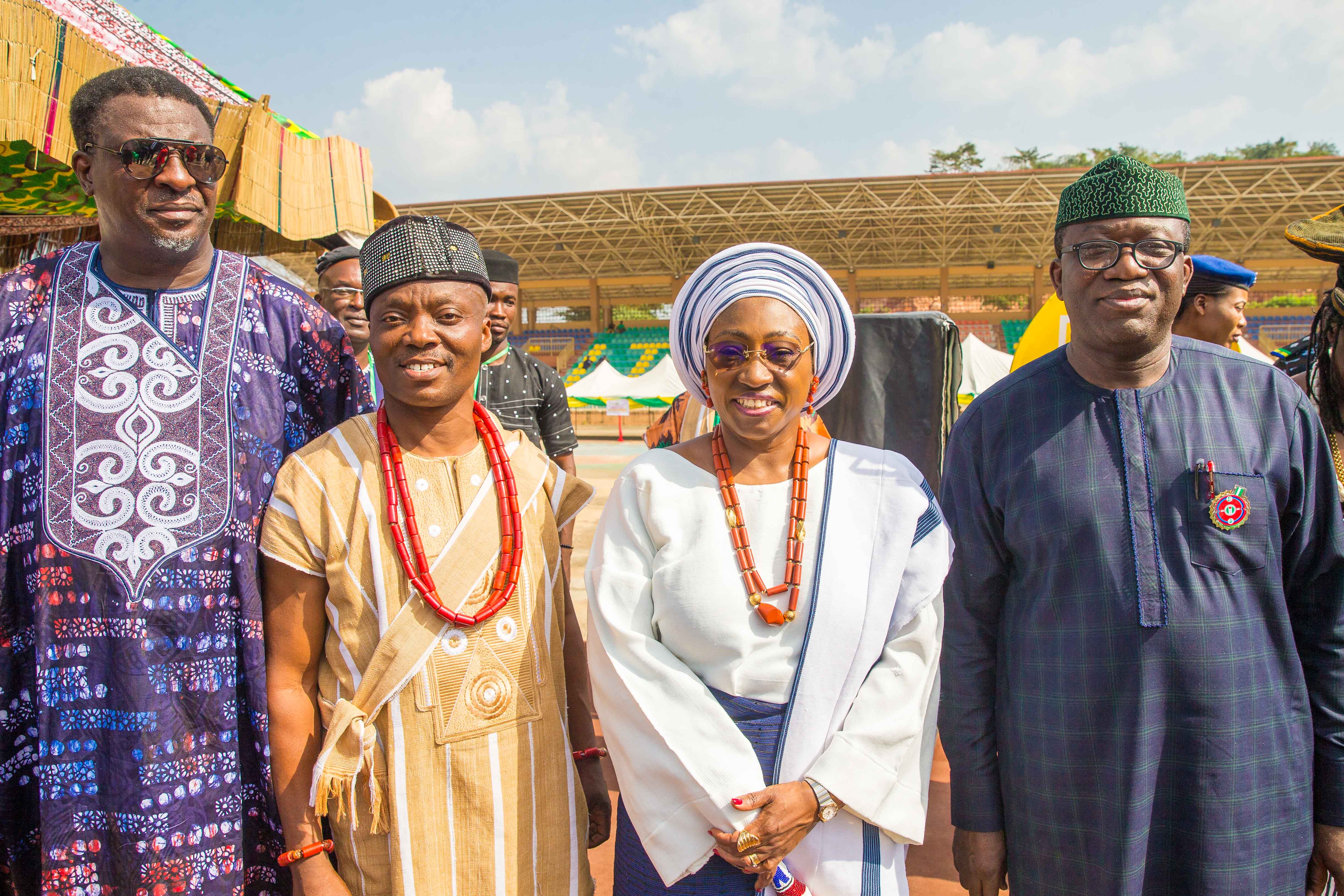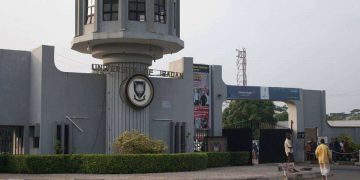The role of tourism in enhancing inclusive economic growth and development of both advanced and emerging economies cannot be over-emphasized. Tourism stimulates economic growth by generating income, employment, investments, and exports and it catalyzes socio-economic development.
Tourism has been included as a target in goals 8, 12 and 14 of the Sustainable Development Goals (SDGs). Despite the increasing and unpredictable shocks from terrorist attacks and political instability, health pandemics and natural disasters, Travel and tourism continued to show their resilience in 2016 and accounted for about 30% of total global service exports.
Investment in tourism is particularly important for Nigeria due to dwindling government revenue and economic contraction as a result of the drastic fall in crude oil prices, and with the vision to be rated among the top 20 economies of the world today by 2020. Hence, the tourism industry presses it’s an alternative source of revenue for the government and job opportunities for the youthful population.
The landscape of Nigerian is, no doubt, dotted with innumerable enviable tourism potentials, both natural and man-made. But, the country could be said to be lagging in tourism promotion and development, despite the many tourism potentialities, both in material and human resources. This has continued to give stakeholders in the industry serious concerns.
Stakeholders in the industry including the press, have suggested a legal framework and the creation of a separate Culture and Tourism Ministry, to improve and accelerate development in the Nigerian Tourism industry. At the time of publishing this piece, Tourism is buried in the Information and Culture Ministry, which Alhaji Lai Mohammed heads.
In the bid to ensure a favourable legal framework for the Nigerian Tourism industry, the Bill for an Act on the Nigerian Tourism Development Authority (NTDA) Act Cap N137 LFN, 2004 (Repeal and Enactment) Bill, 2017 (AN.429) on Thursday, August 17, 2017, on Conference Hall 022, Senate Building (New Wing), National Assembly complex. The bill successfully passed through three hearings by the Senate, hence the approval of the 8th Legislative arm of government, headed by Senator Bukola Saraki, to sequester the Tourism Ministry.
However, President Muhammadu Buhari conveyed to the Senate his decision to withhold assent to the Nigeria Tourism Development Authority (NTDA), among other 30 bills he rejected in his first term.
In a letter read by the then Senate President, Bukola Saraki, at plenary the President gave reasons for withholding assent to the bill.
Buhari said section 14(d), section 30(2d) of the Nigeria Tourism Development Authority (Repeal and re-enactment) bill contradicts section 4 (1-3) and paragraph 60 (d) of the second schedule of Nigeria’s Constitution.
Section 30 of the bill proposes to levy a tourism fee on all inbound international travellers, a tourism levy on all outbound travellers and a tourism departure contribution fee of 1 per cent per hotel room rate.
“Such a flat fee has been fixed by the authority and a corporate tourism development levy of 1 per cent is to be charged on the revenue of banks, telecommunications and other corporate entities. This will be inimical to the growth of the tourism and hospitality industry in Nigeria and constitute an additional burden on the tourism business,” the letter reads.
Director-General, Ekiti State Council for Arts and Culture, Ambassador Wale Ojo-Lanre, prior his appointment, in the one-man campaign to some Media Houses in Ibadan, the Oyo State capital charged President Buhari to create a separate ministry for Culture and Tourism.
The efforts yielded no positive result at the federal level. No Governor in Nigeria has seen the need for a separate Ministry for Culture and Tourism.
But, Ekiti State Governor, Dr John Kayode Fayemi, on Wednesday, December 11, 2019, took the giant and unprecedented step of creating a separate ministry for Arts, Culture and Tourism.
He made the pronunciation at the opening ceremony of the 2019 edition of the Ekiti State Festival of Arts and Culture (EKIFEST), by upgrading the state’s Council for Arts and Culture to the Ministry of Arts, Culture and Tourism.
Fayemi also disclosed the determination of his administration to increase its investment and exploits in the arts and culture sector for the economic prosperity of the state and its citizens.
This singular, bold and laudable act of Governor Fayemi would no doubt speed up the development of Tourism in Ekiti State, boosting the state’s economy, creating wealth for her people and jobs for the youths, and exposing the state to the world for better patronage.
The Nigerian Tourism industry would, no doubt, develop at a faster pace if President Muhammadu Buhari could reason with the rightly-thinking stakeholders in the Tourism industry and borrow a leaf from other countries that are doing well in the industry, and sequester the Tourism Ministry.
Let the Governors of another state in the country emulate Governor Fayemi and sequester the Culture and Tourism Ministry for faster and better development of the industry, which will no doubt be better than lots of the states and the people therein.
*Mimiola, an award-winning journalist sent in this piece from Abuja.














